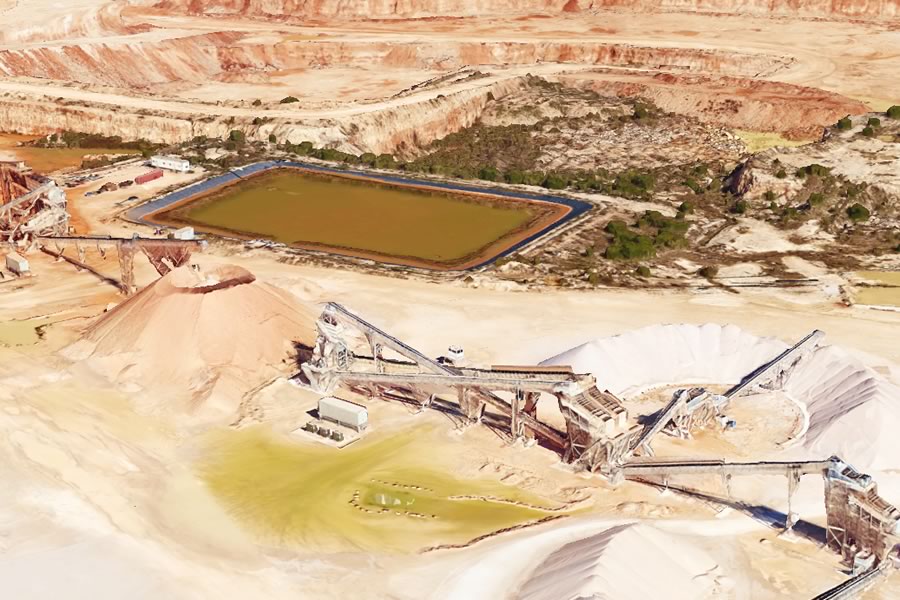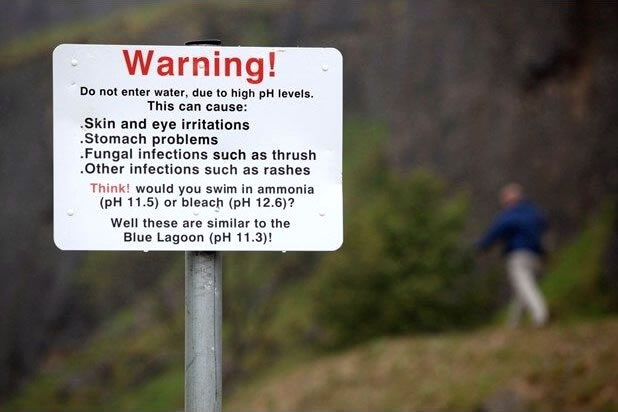The proposed Vulcan quarry threatens an already strained Comal County water supply with over-pumping, blasting, disruption of natural stream flows, and contamination from hazardous chemical spills and leaks.
Risks from Quarry Operations
- Over-pumping of aquifers from large volume of water used: Vulcan drilled a new well on the site in November 2016 with an output of 150 gallons per minute (78 million gallons annually).1
- Potential collapse of private wells from blasting operations
- Destruction of caves
- Reduction of rainwater inflow to aquifers
- Increased storm runoff and disruption of natural flow patterns
- Nitrates used to blast apart limestone formations
- Permanent, man-made “funnel” that quickly transports pollutants into the underlying aquifer
- Pollution of water supply from hazardous chemical spills and leaks into the groundwater supply
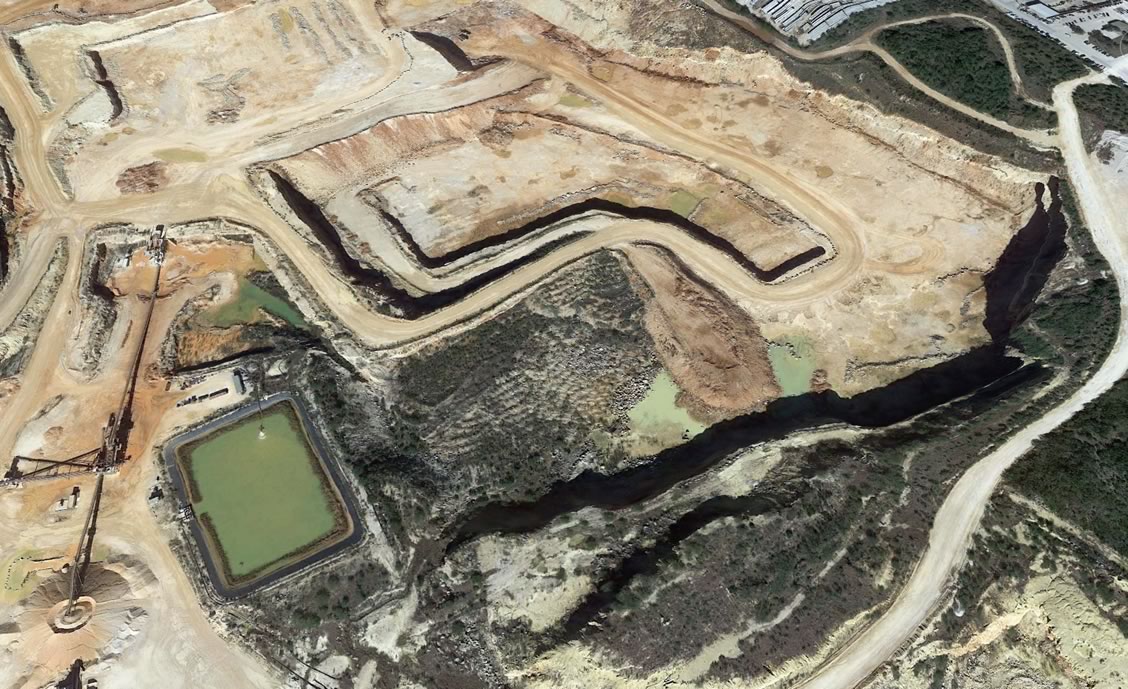
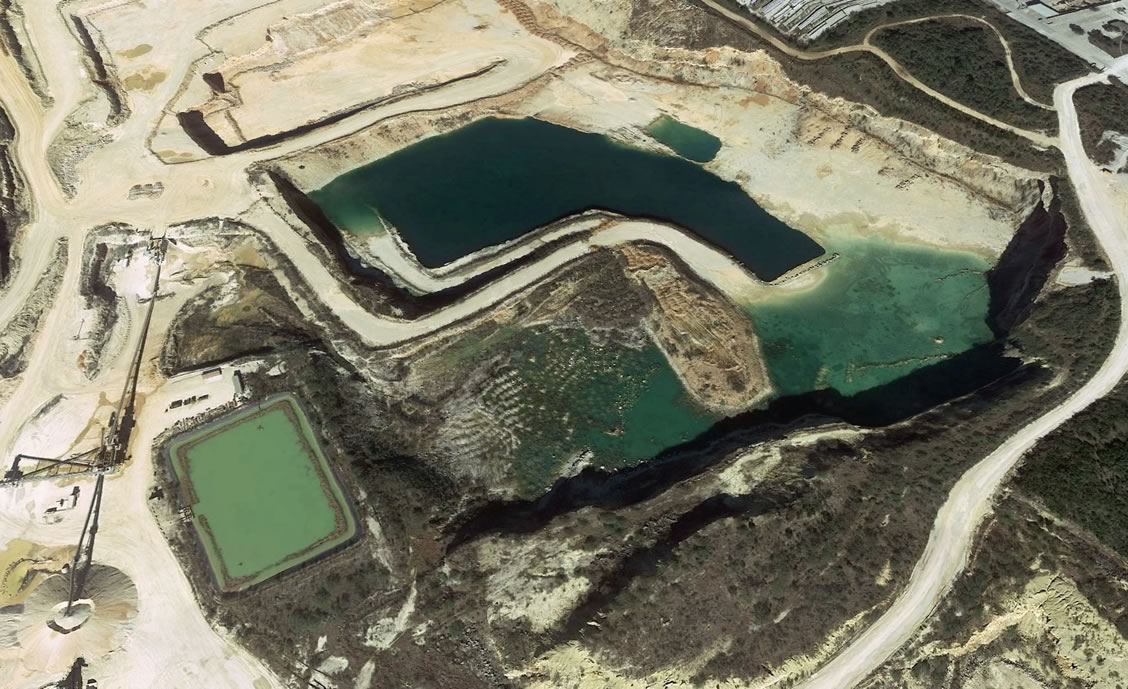
Drag the red divider to compare images of the Vulcan quarry north of Loop 1604 in San Antonio as it appeared in 2015 versus 2017. Sources: Google, Landsat/Copernicus
No Land Reclamation
Amazingly, the current permit application does not require Vulcan Materials to reclaim or restore any of the land from which they strip and mine limestone. So when this site is stripped bare and Vulcan eventually abandons their quarry, Comal County will likely be left with “quarry lakes.” These toxic and highly acidic quarry lakes collect rainwater, absorb pollutants, and slowly seep into the drinking water supply.
Environmentally Sensitive Region
The proposed quarry site stretches for nearly three miles entirely within the Edwards Aquifer Recharge Zone—one of the most environmentally sensitive areas in Texas. In addition to serving as the primary water supply for over 1.7 million people,2 this region is home to seven endangered species unique biota, thousands of natural springs, and the creeks and rivers they feed.
Because of the unique karst hydrogeology characteristic of the Edwards Aquifer, pollutants that enter the Recharge Zone can travel quickly through the aquifer and contaminate water sources in a very short period of time—sometimes as little as hours.3
Since the Edwards Aquifer Recharge Zone is so critical in maintaining a clean and healthy water supply for the region, additional measures are typically required to reduce the risk of contamination. However, the Vulcan permit contains no water-related restrictions or protections whatsoever.
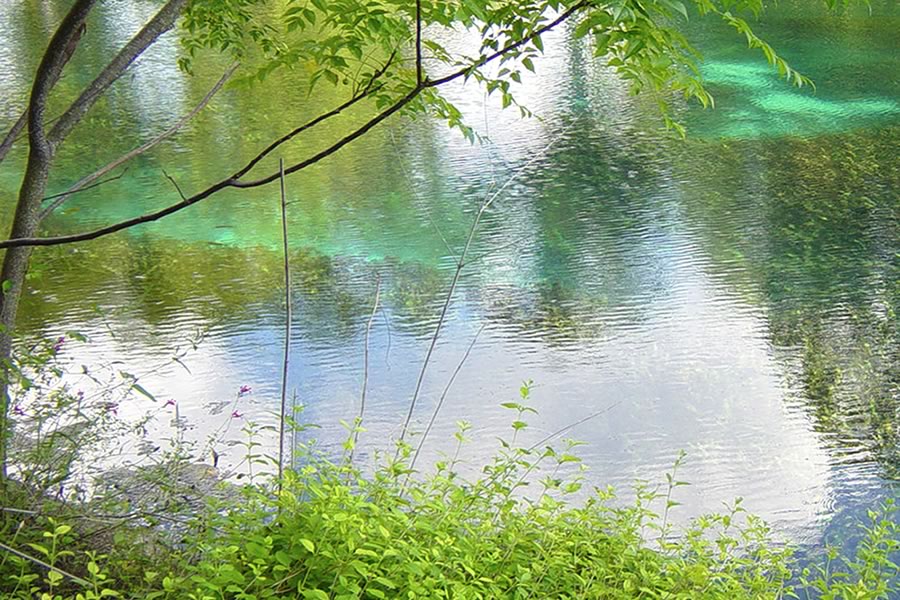
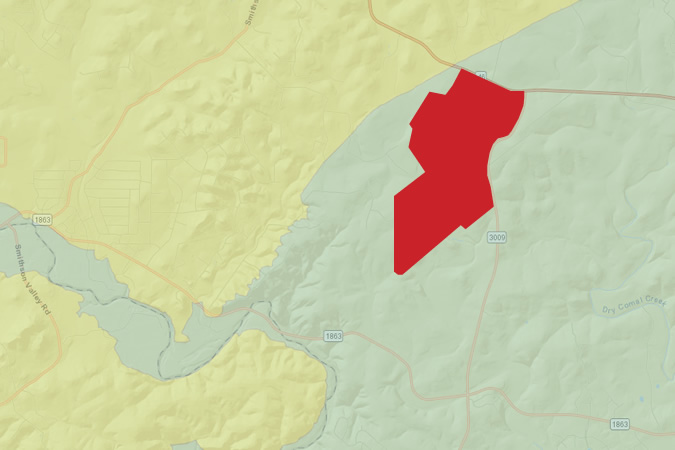
Water & Aquifer News
Blatant Disregard by TCEQ for Our Water Supply and the Health and Welfare of Texas Hill Country Residents
July 11, 2024
Texas Commission on Environmental Quality (TCEQ) has approved the Water Pollution Abatement Plan (WPAP) for proposed Vulcan quarry. Why that’s a bad thing and what we can do about it.
Water Pollution Abatement Plan (WPAP) Posted
March 22, 2024
The Water Pollution Abatement Plan (WPAP) is the second and final permit Vulcan needs in order to start mining in their proposed quarry. Here’s what you can do to help stop them.
Legal Update on Vulcan Quarry Permit
November 25, 2023
Texas Supreme Court ignores our appeal for review of air permit decision. The likely next step is Vulcan’s submission of the required Water Pollution Abatement Plan (WPAP).
Media Coverage in 2022
March 9, 2023
TV, radio, and newspaper media coverage during 2022 of the proposed Vulcan quarry in Comal County, Stop 3009 Vulcan Quarry, and Friends of Dry Comal Creek.
